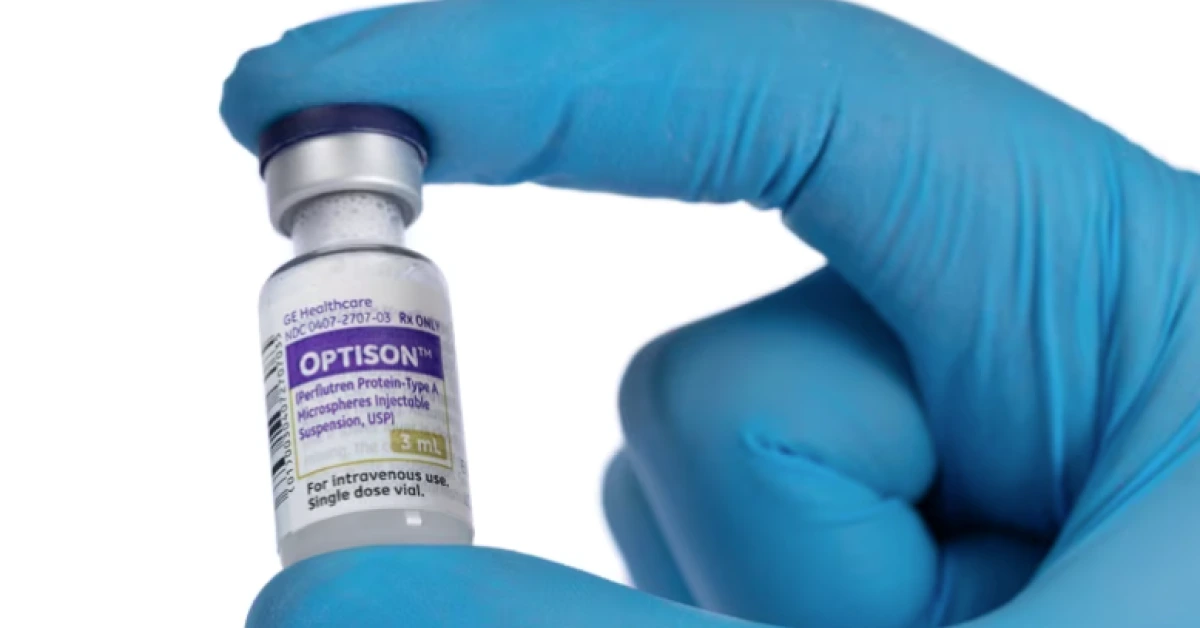
USA – The U.S. Food and Drug Administration (FDA) has granted approval for the use of GE HealthCare’s Optison– an ultrasound enhancing agent– for pediatric patients.
This marks a key advancement in heart imaging for children, especially those whose echocardiograms are too unclear to support accurate diagnosis.
Optison works by using tiny gas-filled microbubbles that improve the visibility of heart structures during an ultrasound.
These microbubbles reflect ultrasound waves better than blood or tissue, helping doctors clearly see the heart’s chambers and inner walls.
With better images, cardiologists can more easily assess heart conditions and make more accurate care decisions.
This new approval extends the use of Optison beyond adults, who have been using it since the FDA first approved it in 1997. Over five million adult patients in the U.S. have received Optison safely.
It is currently the only ultrasound enhancing agent in the country that does not contain polyethylene glycol (PEG), a compound known to trigger allergic reactions in some individuals. This makes it a safer choice for patients with PEG sensitivity.
GE HealthCare’s recent Phase IV clinical study showed that using Optison in children significantly improved the quality of heart imaging.
It helped doctors see the borders of the heart more clearly, improved the view of the left ventricle wall, and reduced the number of unclear echocardiogram images in pediatric cases.
Dr. Jit Saini, Chief Medical Officer of GE HealthCare’s Pharmaceutical Diagnostics division, called the approval a major step forward.
“Some children don’t get clear heart images from regular echocardiograms, making diagnosis harder. Optison gives us a reliable way to improve imaging, which can lead to better treatment and better outcomes,” he said.
XRP HEALTHCARE L.L.C | License Number: 2312867.01 | Dubai | © Copyright 2025 | All Rights Reserved